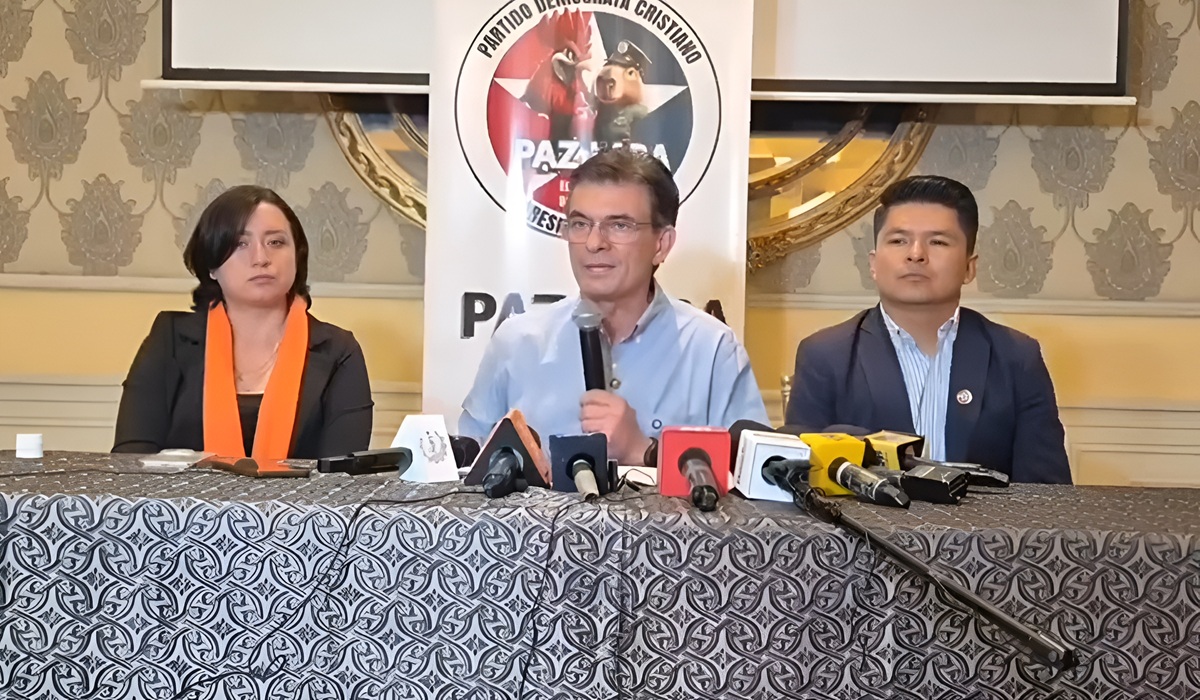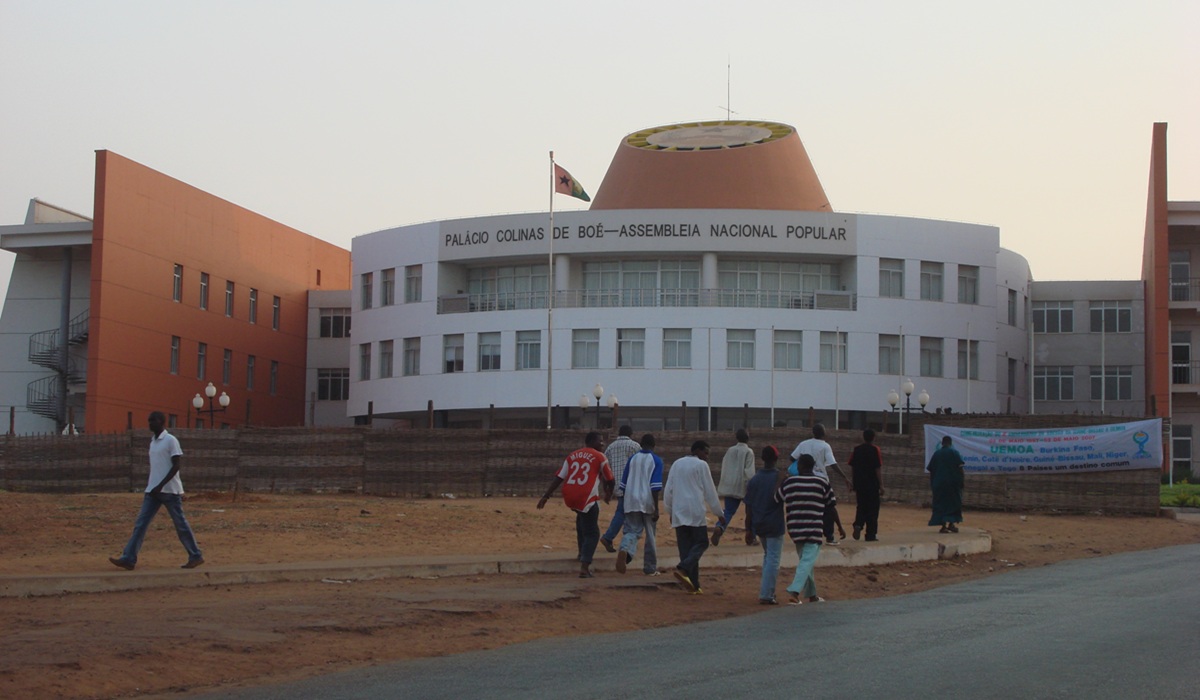Bolivia Elects Rodrigo Paz as New President, Marking a Political Shift
- Naomi Dela Cruz
- Breaking News
- Latin
- October 20, 2025

In a moment of sweeping change for Bolivia, the people have chosen Rodrigo Paz Pereira as their new president, ending nearly two decades of socialist rule that defined the nation’s political and economic direction. His victory, achieved in a decisive runoff election, signals not only a change in leadership but a deeper transformation in Bolivia’s collective mood—a turn toward pragmatism, renewal, and cautious optimism after years of economic turbulence and political fatigue.
Rodrigo Paz represents a generational and ideological departure from the governments that preceded him. At fifty-eight, the son of former president Jaime Paz Zamora has long walked the line between the traditional political establishment and the rising demand for a more modern, efficient Bolivia. He is no stranger to public service, having served as mayor of Tarija and later as a senator, and his political life has been defined by his calls for reform and accountability. Yet it was his promise of “inclusive capitalism,” a vision that seeks to blend market liberalization with strong social protections, that ultimately captured the nation’s imagination.
The win did not come easily. For years, the left-wing Movimiento al Socialismo (MAS) party dominated the country’s political landscape, shaping everything from economic models to foreign alliances. But over time, cracks began to appear. Economic stagnation, corruption scandals, fuel shortages, and inflation left citizens weary and disillusioned. The glow of the once-celebrated “Bolivian miracle” under Evo Morales and his successors faded, replaced by frustration as the cost of living climbed and jobs became scarce. The runoff election that brought Paz to power was, in essence, a referendum on the old order—a collective decision by millions of Bolivians to seek a new path forward.
Paz’s campaign resonated because it offered balance rather than extremes. He spoke to the poor and the middle class alike, urging Bolivians to believe in a government that works with business instead of against it, a state that empowers rather than controls. He has often said that Bolivia’s progress depends on unlocking its economic potential—especially in critical sectors like lithium and natural gas—while ensuring that no citizen is left behind. This message of unity and moderation appealed to voters across the political spectrum who had grown tired of ideological warfare and craved results over rhetoric.
Still, the challenges facing the new president are formidable. Bolivia’s economy is strained, with inflation surpassing twenty percent and foreign reserves nearly depleted. The country’s once-mighty natural gas industry is struggling, while its ambitions in the global lithium market have yet to materialize. Ordinary citizens face long queues for fuel and rising prices for basic goods. For many families, the promise of a better tomorrow feels distant, and patience will be thin if change does not arrive swiftly.
In the political arena, Paz must also navigate a fragmented Congress that could slow or even block his reforms. Despite his electoral win, his party does not hold a majority, forcing him to negotiate with rivals who remain skeptical of his centrist approach. It is a delicate balancing act: he must convince entrenched political players that his administration represents a clean break from corruption, while maintaining enough stability to keep the government functioning smoothly.
The stakes are not limited to Bolivia’s borders. This election is reverberating across Latin America, where the ideological tide has begun to turn once again. For nearly twenty years, the region was dominated by left-wing populist movements that rose on promises of social justice and equality. Now, amid economic struggles and disillusionment, voters from Argentina to Ecuador have begun shifting toward candidates who preach moderation, efficiency, and accountability. Rodrigo Paz’s victory thus carries regional significance—it could signal the start of a new political phase where pragmatism replaces dogma.
His presidency also brings with it a potential recalibration of Bolivia’s foreign policy. While past administrations fostered close ties with nations such as China, Russia, and Iran, Paz is expected to rebuild relationships with traditional Western partners, including the United States and the European Union. For investors, this could signal renewed confidence and increased opportunities in Bolivia’s resource sectors, especially as the world’s demand for lithium continues to grow. Yet Paz must tread carefully. Many Bolivians remain proud of the country’s independence from outside influence, and any perception of surrendering sovereignty could provoke resistance from nationalist factions.
There is also the question of legacy—what kind of Bolivia will Rodrigo Paz leave behind? His supporters hope for a more transparent, inclusive nation, one that embraces innovation and entrepreneurship while still protecting the vulnerable. His critics warn that, without swift and tangible results, his centrist platform could be swallowed by the same forces of polarization that have plagued other Latin American democracies. Success will depend on his ability to restore faith in government institutions, combat corruption, and show that democracy can still deliver for ordinary citizens.
Rodrigo Paz assumes power at a critical juncture. The spirit of change that carried him to victory is real, but so too is the weariness of a people who have endured too many promises broken. He steps into office with the hopes of a nation resting on his shoulders—a nation eager to believe again, but wary of disappointment.
If he can harness that hope, if he can bridge Bolivia’s divides and transform words into action, then this election will indeed mark a turning point not just in Bolivia’s political story, but in its destiny. For now, as the country prepares to inaugurate its new leader, one thing is clear: Bolivia has chosen a different path, and the world is watching to see where it leads.








